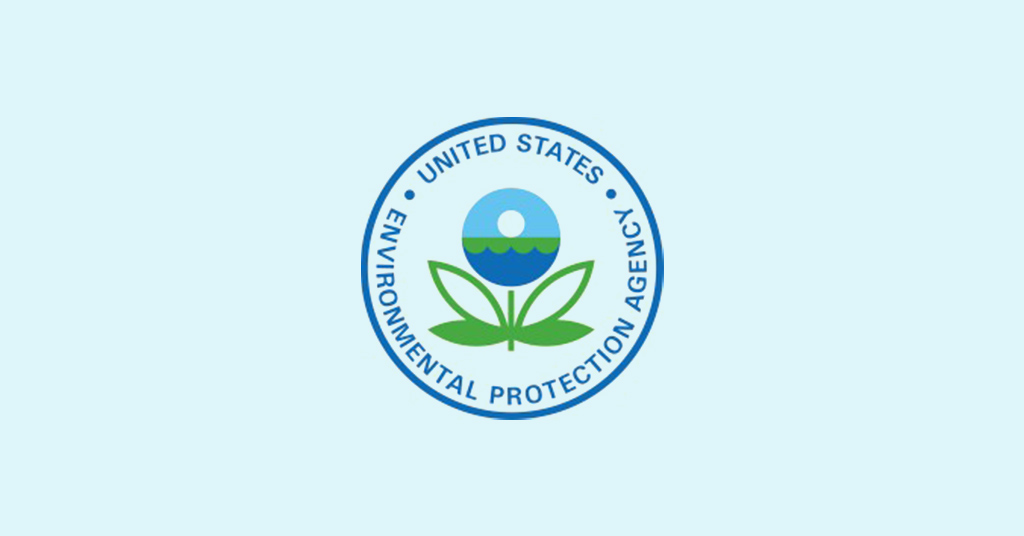Welcome To ChemAnalyst

US: Following the train derailment disaster in East Palestine, Ohio, in February, Vinyl Chloride, a cancer-causing chemical, has been found to contaminate numerous communities across the US, with plastics manufacturing plants being a significant source of pollution. Unfortunately, this contamination disproportionately affects communities, highlighting a major issue of equity and environmental injustice that needs urgent attention.
Vinyl Chloride, a chemical commonly used in the production of Poly Vinyl Chloride (PVC), has been classified as a carcinogen by the U.S. Environmental Protection Agency (EPA). Research indicates that exposure to Vinyl Chloride is associated with higher incidence of lung and liver cancer, liver disease, neurological issues, and miscarriage. It is essential to take the necessary precautions to protect against the harmful effects of this chemical.
In 2021, more than 400,000 pounds of Vinyl Chloride were released into the air by 19 PVC factories in the United States. Among these factories, Westlake Chemical, Formosa Plastics, Occidental Chemical, Shintech, and Orbia (Mexichem) were the worst offenders, contributing to 97% of the total Vinyl Chloride air pollution in the country.
Despite the recent proposal by the Environmental Protection Agency (EPA) to tighten air pollution regulations for chemical plants such as Vinyl Chloride emitters, the agency has permitted the release of Vinyl Chloride into the air. However, chemical plant Westlake has declared its commitment to operate in a safe and environmentally responsible manner and collaborates with regulatory authorities at the state and federal levels to minimize emissions.
There are 373,262 Americans who reside within a three-mile distance from either a Vinyl Chloride or PVC manufacturing facility or a PVC waste disposal facility. Interestingly, residents of these communities earn 37% lower than the national average. Mossville, Louisiana, is one of such communities, encompassed by 16 industrial facilities, which includes two Vinyl Chloride factories operated by Westlake. This year, these factories collectively discharged 26,407 pounds of Vinyl Chloride into the air.
According to a recent report, the 19 PVC factories in the United States produced approximately 20 million pounds of hazardous waste in 2021. This waste is usually transported via rail to hazardous waste disposal facilities located in the south-central region of the country. Considering that there are about three daily train derailments on average in the U.S., every shipment of Vinyl Chloride or hazardous waste poses a potential risk for a disaster like the one in East Palestine. This accident serves as a reminder of the hazards involved in transporting such dangerous chemicals through communities across America.
Several chemical companies responsible for pollution have violated EPA regulations. Formosa Plastics, for instance, has a notorious history of non-compliance with federal air pollution and water pollution laws. In 2019, Formosa was fined $50 million for unlawfully dumping billions of plastic pellets from its Texas plant into waterways. Other companies such as Westlake Chemical, Occidental Chemical, and Shintech have also faced penalties for violating federal environmental, workplace safety, and railroad safety laws.
Communities living near plants, railroads, and waste disposal facilities face threats from chemical releases. To alleviate these dangers, companies are being pressed to practice full transparency about their chemical usage, phase out hazardous chemicals from manufacturing processes, and prioritize investing in non-toxic chemical solutions.
Consumer pressure is also mounting, with calls for businesses like Home Depot to stop the sale of PVC products and switch to safer alternatives. It is hoped that such actions will lead to a safer and healthier environment for nearby communities.
While the EPA plays a crucial role in lessening pollution in communities, stronger regulations are needed to combat the exposure to hazardous Vinyl Chloride. It is imperative that states take action to regulate and restrict PVC plastic and Vinyl Chloride.
The frequent violation of chemical companies causing widespread pollution, leading to a sense of pessimism about the government's ability to aid.
We use cookies to deliver the best possible experience on our website. To learn more, visit our Privacy Policy. By continuing to use this site or by closing this box, you consent to our use of cookies. More info.
